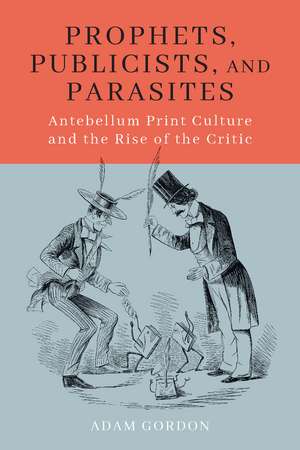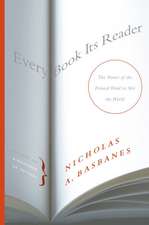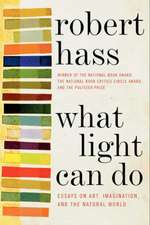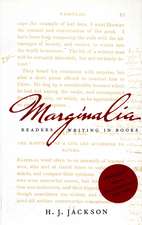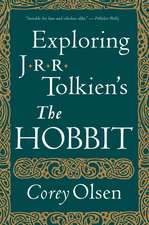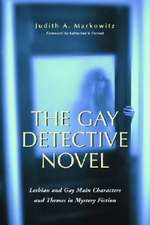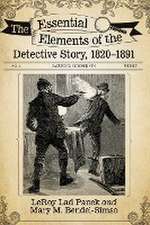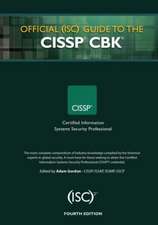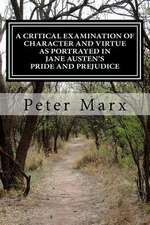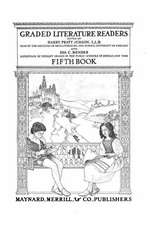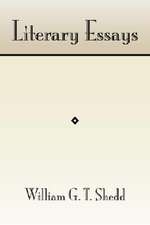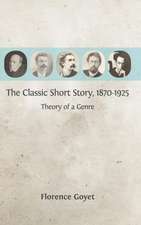Prophets, Publicists, and Parasites: Antebellum Print Culture and the Rise of the Critic
Autor Adam Gordonen Limba Engleză Paperback – 13 feb 2020
Print culture expanded significantly in the nineteenth century due to new print technologies and more efficient distribution methods, providing literary critics, who were alternately celebrated and reviled, with an ever-increasing number of venues to publish their work. Adam Gordon embraces the multiplicity of critique in the period from 1830 to 1860 by exploring the critical forms that emerged. Prophets, Publicists, and Parasites is organized around these sometimes chaotic and often generative forms and their most famous practitioners: Edgar Allan Poe and the magazine review; Ralph Waldo Emerson and the quarterly essay; Rufus Wilmot Griswold and the literary anthology; Margaret Fuller and the newspaper book review; and Frederick Douglass's editorial repurposing of criticism from other sources. Revealing the many and frequently competing uses of criticism beyond evaluation and aesthetics, this insightful study offers a new vision of antebellum criticism, a new model of critical history, and a powerful argument for the centrality of literary criticism to modern life.
Preț: 225.10 lei
Nou
Puncte Express: 338
Preț estimativ în valută:
43.08€ • 44.40$ • 36.37£
43.08€ • 44.40$ • 36.37£
Carte disponibilă
Livrare economică 10-24 februarie
Livrare express 24-30 ianuarie pentru 28.48 lei
Preluare comenzi: 021 569.72.76
Specificații
ISBN-13: 9781625344533
ISBN-10: 1625344538
Pagini: 280
Ilustrații: 10 b&w photos
Dimensiuni: 152 x 229 x 25 mm
Greutate: 0.48 kg
Ediția:First Edition
Editura: University of Massachusetts Press
Colecția University of Massachusetts Press
ISBN-10: 1625344538
Pagini: 280
Ilustrații: 10 b&w photos
Dimensiuni: 152 x 229 x 25 mm
Greutate: 0.48 kg
Ediția:First Edition
Editura: University of Massachusetts Press
Colecția University of Massachusetts Press
Notă biografică
ADAM GORDON is associate professor of English at Whitman College.
Recenzii
“Gordon’s Prophets, Publicists, and Parasites expands our understanding of the multiplicity of critical forms that emerged during this period, the means of their production and dissemination to an increasingly diverse reading public, and the central role of the literary critic in antebellum American culture.”—Philip Edward Phillips, The Edgar Allan Poe Review
“Adam Gordon’s Prophets, Publicists, and Parasites examines the role of the critic and criticism in early nineteenth-century America using a wide variety of sources to show how critical forms shaped arguments. This deliberate inclusion of a range of source types allows the author to compare and study criticism with a unique perspective.”—Nicole Topich, RBM: A Journal of Rare Books, Manuscripts, and Cultural Heritage
“As Gordon astutely observes, the critical response to Margaret Fuller’s newspaper writing was an early articulation of a persistent bias against literary journalism in the present day. The prestige of the volume format, and the unspoken but acknowledged taint of writing for pay, work in favor of the academic critic and the essayist (and against the newspaper critic) even now.”—Joanne Shattock, Nineteenth-Century Literature
“[This book] is 'an invitation to think materially when it comes to literary criticism': to consider the salient differences between critical essays published in intellectual quarterlies, literary columns in monthly magazines, and book reviews in daily newspapers.”—Evan Kindley, American Literary History
“Gordon has written an account of American print culture's formative surge but an account battening on steam power rather than literary cults, with a bulked-up cast and a verbal poise that is economical and engaging. This new book is without question the real thing, truly original.”—Kathleen Diffley, author of Where My Heart Is Turning Ever: Civil War Stories and Constitutional Reform, 1861–1876
“With many glances back to English forebears, this erudite yet approachable book focuses especially on the 1830s and 1840s. Gordon does not write a conventional narrative: his book is not a history of critical doctrine, but instead (as its subtitle suggests) approaches its subject from the perspective of book history . . . This is a book all students of English literature will want to read, not just Americanists.”—CHOICE
“By organizing the discussion of each critical genre—quarterly reviews, literary anthologies, magazine reviews, newspaper reviews, and newspaper reprints—around a single figure or episode, Gordon's author-centered approach to each critical genre not only deepens our understanding of each individual author's critical practice but also sharpens our topography of critical genres during the print era.”—Poe Studies
“Adam Gordon’s Prophets, Publicists, and Parasites examines the role of the critic and criticism in early nineteenth-century America using a wide variety of sources to show how critical forms shaped arguments. This deliberate inclusion of a range of source types allows the author to compare and study criticism with a unique perspective.”—Nicole Topich, RBM: A Journal of Rare Books, Manuscripts, and Cultural Heritage
“As Gordon astutely observes, the critical response to Margaret Fuller’s newspaper writing was an early articulation of a persistent bias against literary journalism in the present day. The prestige of the volume format, and the unspoken but acknowledged taint of writing for pay, work in favor of the academic critic and the essayist (and against the newspaper critic) even now.”—Joanne Shattock, Nineteenth-Century Literature
“[This book] is 'an invitation to think materially when it comes to literary criticism': to consider the salient differences between critical essays published in intellectual quarterlies, literary columns in monthly magazines, and book reviews in daily newspapers.”—Evan Kindley, American Literary History
“Gordon has written an account of American print culture's formative surge but an account battening on steam power rather than literary cults, with a bulked-up cast and a verbal poise that is economical and engaging. This new book is without question the real thing, truly original.”—Kathleen Diffley, author of Where My Heart Is Turning Ever: Civil War Stories and Constitutional Reform, 1861–1876
“With many glances back to English forebears, this erudite yet approachable book focuses especially on the 1830s and 1840s. Gordon does not write a conventional narrative: his book is not a history of critical doctrine, but instead (as its subtitle suggests) approaches its subject from the perspective of book history . . . This is a book all students of English literature will want to read, not just Americanists.”—CHOICE
“By organizing the discussion of each critical genre—quarterly reviews, literary anthologies, magazine reviews, newspaper reviews, and newspaper reprints—around a single figure or episode, Gordon's author-centered approach to each critical genre not only deepens our understanding of each individual author's critical practice but also sharpens our topography of critical genres during the print era.”—Poe Studies
